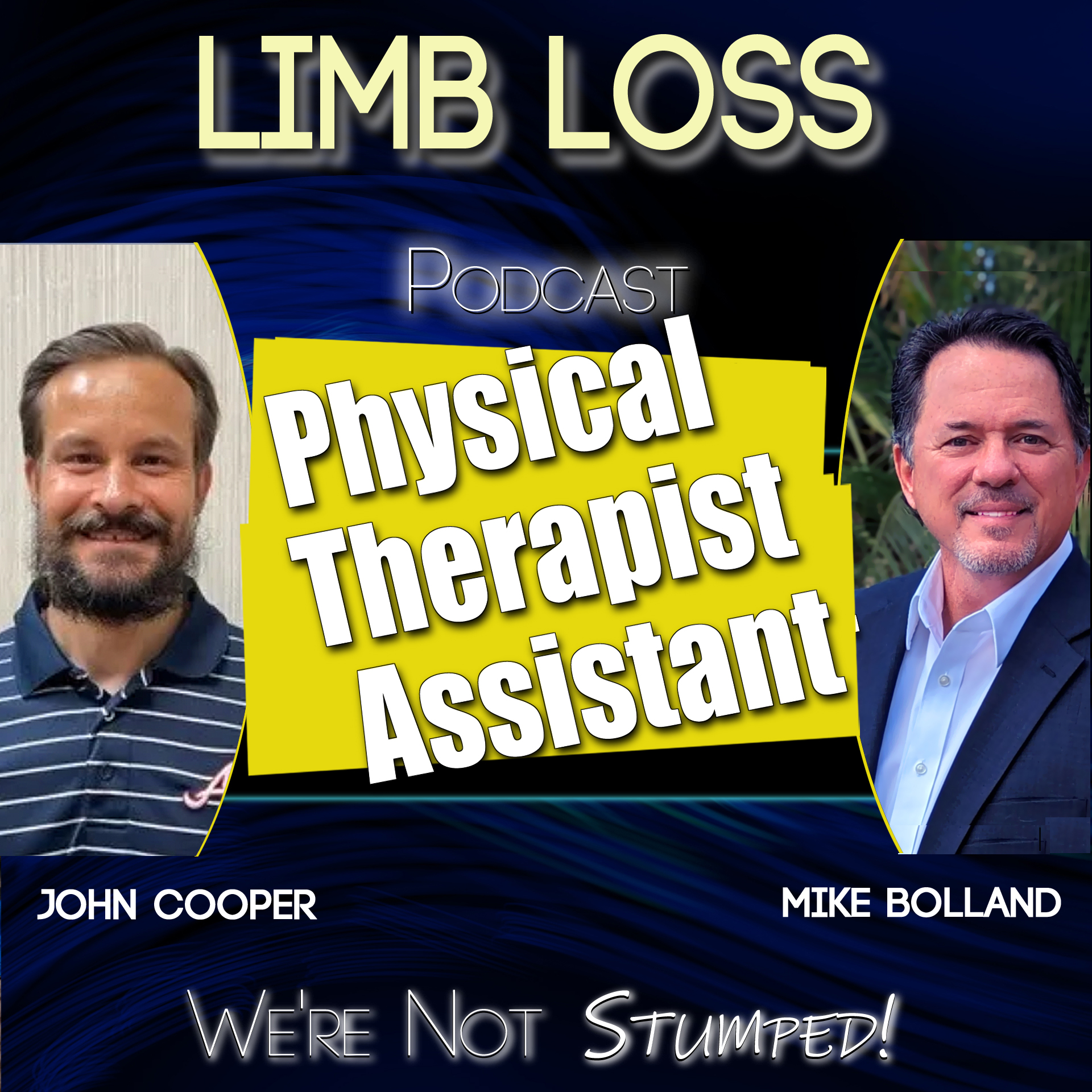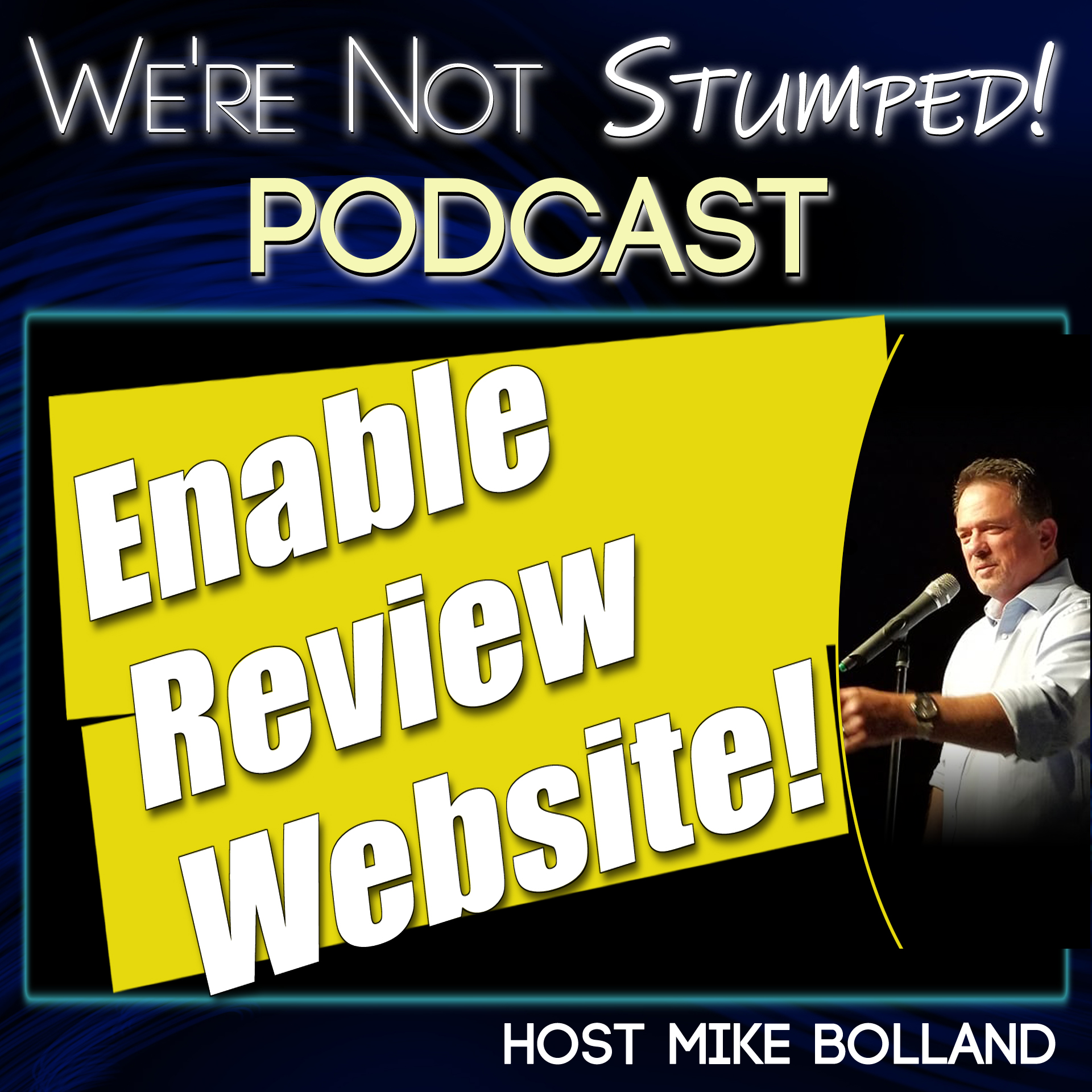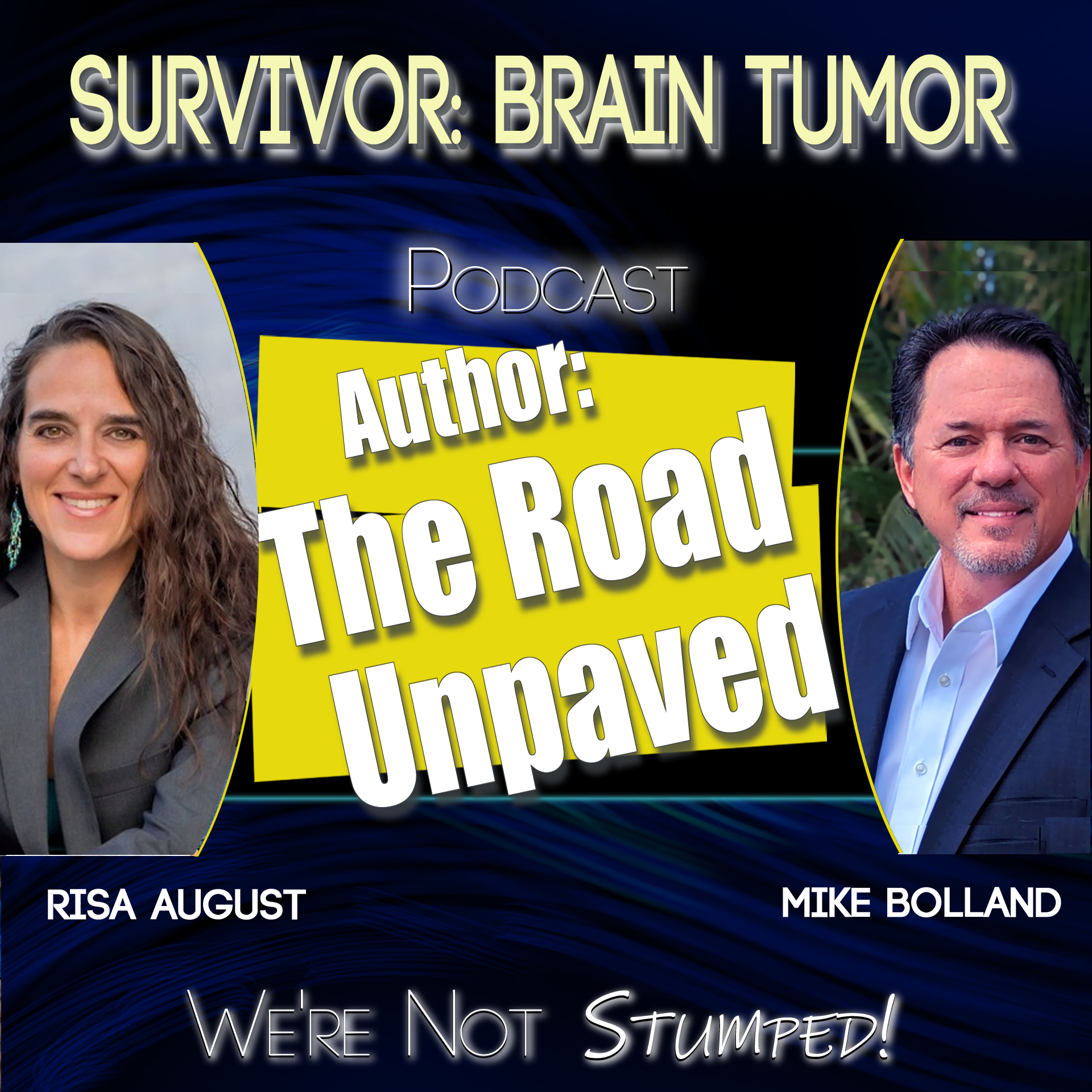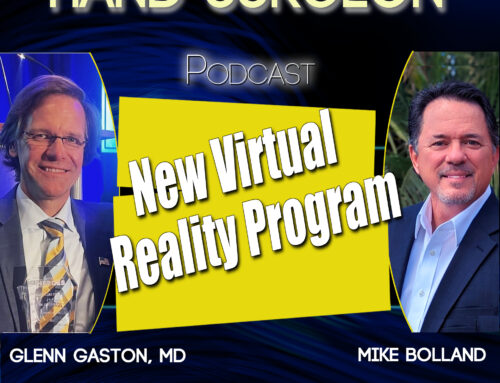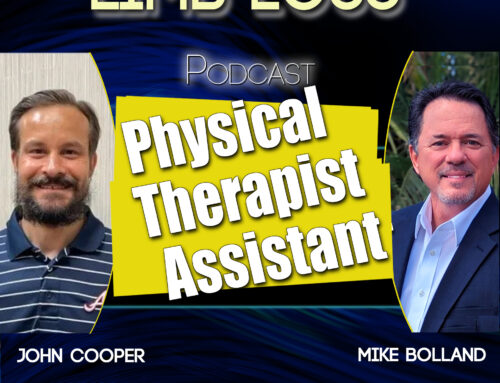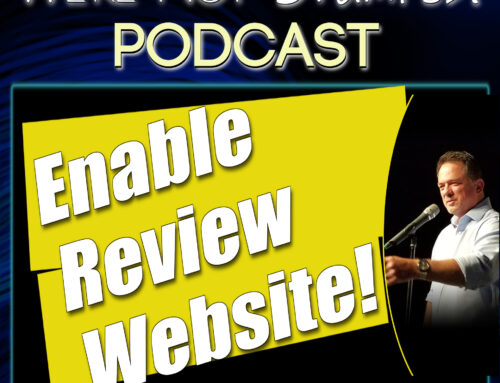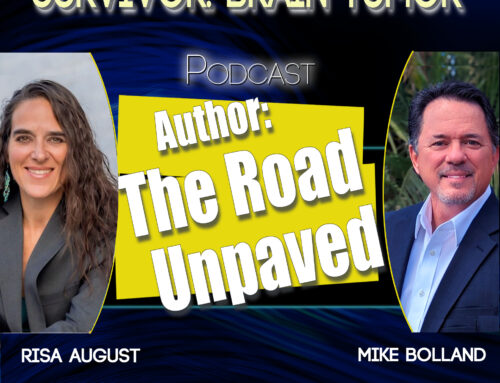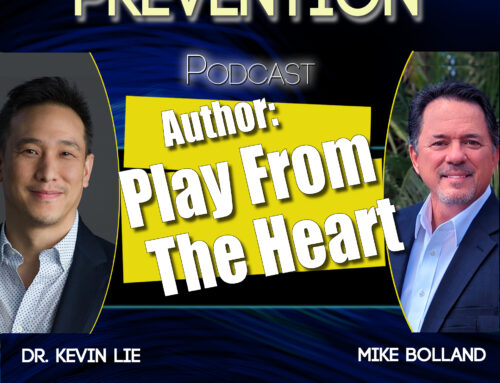In this episode of the We’re Not Stumped podcast, host Mike Bolland covers three impactful stories from the community, each highlighting different aspects of support, accountability, and innovation.
First, we explore a fundraiser organized to assist a young amputee and their family, providing crucial financial support to manage medical expenses. Mike urges others who may know more about this story to reach out so he can share additional information.
Next, Mike discusses a tragic incident at Grace Hospital, where an amputation error resulted in the removal of the wrong leg, sparking an investigation. This heartbreaking event highlights the need for strict medical oversight and patient safety measures.
Lastly, Mike highlights the work of AbleGamers, a nonprofit organization making gaming accessible for people with disabilities. By creating adaptive gaming technology, #AbleGamers opens up a world of connection, creativity, and independence for people with physical limitations. For #amputees and those in other communities, this innovation fosters social inclusion and empowerment through play.
Together, these stories underscore the resilience within the #amputee community and the allies supporting them—from grassroots efforts to medical advocacy and inclusive tech solutions. Join us for this episode celebrating community, compassion, and empowerment.
Listen on Apple Podcasts
Watch on YouTube
Listen on Spotify
In this inspiring episode of We’re Not Stumped, Mike talks with John Cooper, a physical therapist assistant with 18 years of experience, about his journey into physical therapy and his passion for working with lower-limb amputees. John shares how his grandfather’s recovery from brain surgery sparked his career, and how close collaboration with prosthetists helps him address the real-world challenges amputees face every day. He explains why patience matters in rehab, why quality beats quantity in therapy sessions, and how setbacks can become powerful turning points.
Mike Bolland shares the story behind Enable Review — a new community-powered platform created to help people with limb loss, limb difference, and caregivers find prosthetic, orthotic, and rehabilitation care they can trust. After hearing powerful stories from guests and listeners, Mike explains why real patient experiences matter — and how Enable Review puts those voices front and center. Enable Review isn’t about ads or marketing. It’s about lived experience. If you’ve worked with a prosthetist, orthotist, physical therapist, or rehab clinic, we invite you to be part of our early community. https://enablereview.com/
Host Mike Bolland sits down with Risa August — cancer survivor, author, patient advocate, and TEDx speaker — to talk about transforming adversity into impact. Risa shares her journey after being diagnosed with acromegaly, the life-altering treatments she endured, and how she rebuilt her life with courage, mindset, and purpose. From losing her identity to riding 1,845 miles from Canada to Mexico, Risa proves that resilience can create extraordinary new beginnings. This conversation is about more than survival — it’s about finding purpose, shifting your mindset, and helping others rise after life’s greatest challenges.

